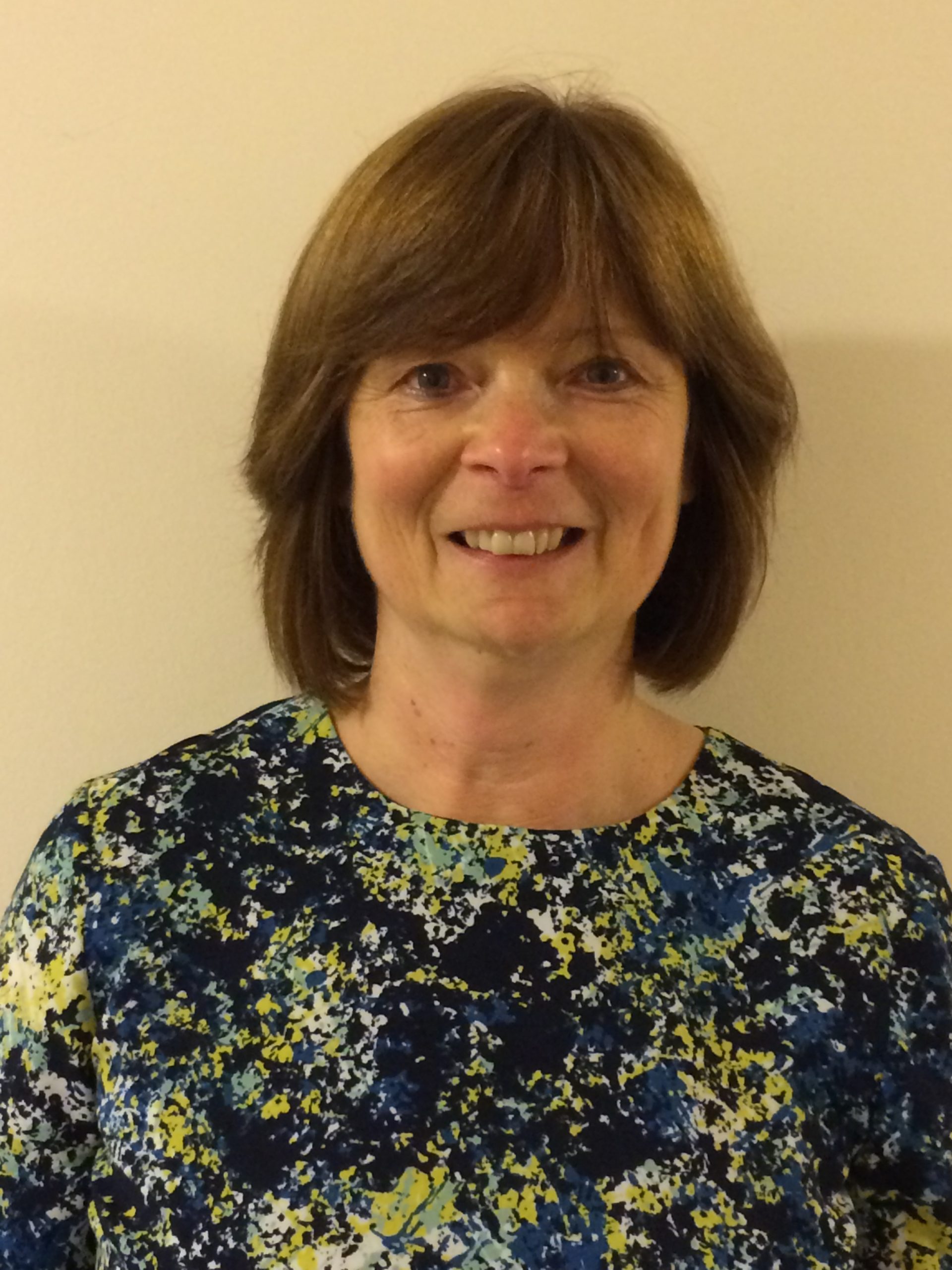5 Challenges To Gaining Early Years Teacher Status, And How You Can Overcome Them

Step out of your comfort zone with confidence, manage your time and show your leadership qualities

Embarking on an Early Years Initial Teacher Training (EYITT) programme, leading to the award of Early Years Teacher Status (EYTS), is a training option available to individuals who are either undergraduates also currently studying for an early childhood related degree or who already hold a degree and are pursuing a career within the early years sector.
Early Years Teachers are graduate leaders of provision who have specialist knowledge of early childhood development, practice and pedagogy within the 0–5 years age group; the entry requirements for EYITT programmes are the same as those for primary and secondary teaching programmes, and EYTS is equivalent to a PGCE with Qualified Teacher Status within these two sectors of education.
As with any form of study, you are likely to be faced with a variety of challenges whilst working towards achievement of EYTS; these will vary according to the study pathway you have chosen, your character, existing knowledge and skills and the setting(s) in which you work or complete your placements.
However, with foresight, organisation and the right attitude, any challenge can be faced and overcome! Here are five of the most common that EYTS trainees encounter with top tips to help you succeed.
1. Time management
Juggling your EYITT studies with full-/part-time work commitments, any other study and your family/personal life will be a complex balancing act.
There will undoubtedly be ‘flashpoint’ times during the year when all the deadlines seem to come at once, you come down with the same bug as all the children at your setting and everything becomes too stressful.
The key is to prepare for this and be organised from the beginning. Your EYITT provider will give you a timetable of placements and assessment deadlines, and you will know what your own personal/professional commitments are likely to be during the year. Draw up a calendar and put these in.
Make the most of study days given to you by your employer. Make your colleagues, friends and family aware of what the course entails and the time that you will need to devote to it so that they can support you. Above all, if the unexpected happens and you fall behind, talk to your tutor; they want you to succeed, are skilled at supporting trainees and will help you to devise a plan that helps you get back on track.
2. Study skills
EYTS is a graduate-level accreditation and you will therefore need to demonstrate Level 6 academic skills in your work. If you are currently working towards, or have recently completed a degree, this may not be a challenge.
However, if you are returning to study after a few years, your skills may be a little rusty! At the beginning of the programme, your provider will complete a needs analysis with you to identify areas in which you may need support.
Make the most of any help that they give you as a result and access the many sources of academic support that are also available online, for example, with referencing work.
Allow yourself plenty of time to complete recommended reading/research and to reflect upon and evaluate how your practice links to relevant theories and findings; being able to provide strong theoretical rationales for your practice will be an important part of your future role as an Early Years Teacher.
3. Leaving your comfort zone
Every trainee embarking on EYITT starts with widely varying levels of professional knowledge and experience of different age groups within the 0–5 age range, educational approaches and types of preschool/school setting.
During the programme, every trainee has their practice assessed in at least two settings and needs to demonstrate that they are capable of modelling and leading high-quality practice across the whole 0–5 age group.
This means that, at some point, you are likely to have at least one experience that is ‘new’ and that pulls you out of your comfort zone; for example, this might involve working with an unfamiliar age group, with new colleagues at a different setting or using a pedagogical approach that differs from your own.
Embrace every opportunity to develop your professional knowledge and widen your horizons in this way as much as you can, and go into new experiences with an open mind and positive attitude – you never know what new passions, learning and opportunities they may lead to!
4. Evidencing the Teachers’ Standards (Early Years)
EYTS trainees are required to demonstrate their achievement of eight standards whilst working with the 0–5 age group; these are divided into 38 supporting statements that cover all aspects of early years practice. Becoming familiar with these standards before you embark on the programme will enable you to start thinking about possible sources of evidence, including your pedagogy, working documents and case studies of your work with children and families.
It is likely that, depending on your current role, there will be some standards for which you need to seek additional opportunities in order to demonstrate your achievement; one example might be your involvement in multi-agency teams to support a child.
Be proactive now in identifying the age groups (babies, toddlers and young children) and areas of practice where you need to gain more knowledge and experience, and take steps to address these ahead of starting the programme, if you can.
5. Developing leadership skills
EYITT assesses both your own professional knowledge and practice, and your ability to lead and support other early years practitioners and to be an agent of change.
Taking a lead in reflecting upon and developing practice at a setting is an element of the programme that many trainees find challenging, particularly at the beginning and also when they are on placement at an unfamiliar setting during the year.
As part of the programme, you will study different leadership styles and be encouraged to identify styles that suit your character, situation and the colleagues with whom you work – there will be at least one!
Use the opportunities presented by working towards EYTS to develop your confidence, skills and knowledge of strategies that work when leading a team and implementing change and best practice.
Remember that you are not expected to be an experienced, competent leader at the start of the programme and your EYITT provider will work hard to support your growth and development in this area.
IN BRIEF
Three steps to EYTS success
• Familiarise yourself with the Teachers’ Standards (Early Years) before embarking on the programme and ask your prospective EYITT provider for any additional guidance to help you get to grips with what each standard requires you to demonstrate.
• Get organised! Draw up a calendar at the start of the programme with details of placements, assessment deadlines, study days, etc. so that you can manage your time and work/study/personal commitments effectively. Share this with your colleagues, friends and family so that they can support you.
• Above all, be prepared for and embrace the challenges that working towards EYTS will present! The confidence and sense of achievement that gaining the status will give you and the ways in which it will benefit you, your setting and the children and families with whom you work will undoubtedly make it all worthwhile.
Deborah Fielden is an early years consultant. Follow @DeborahFielden











